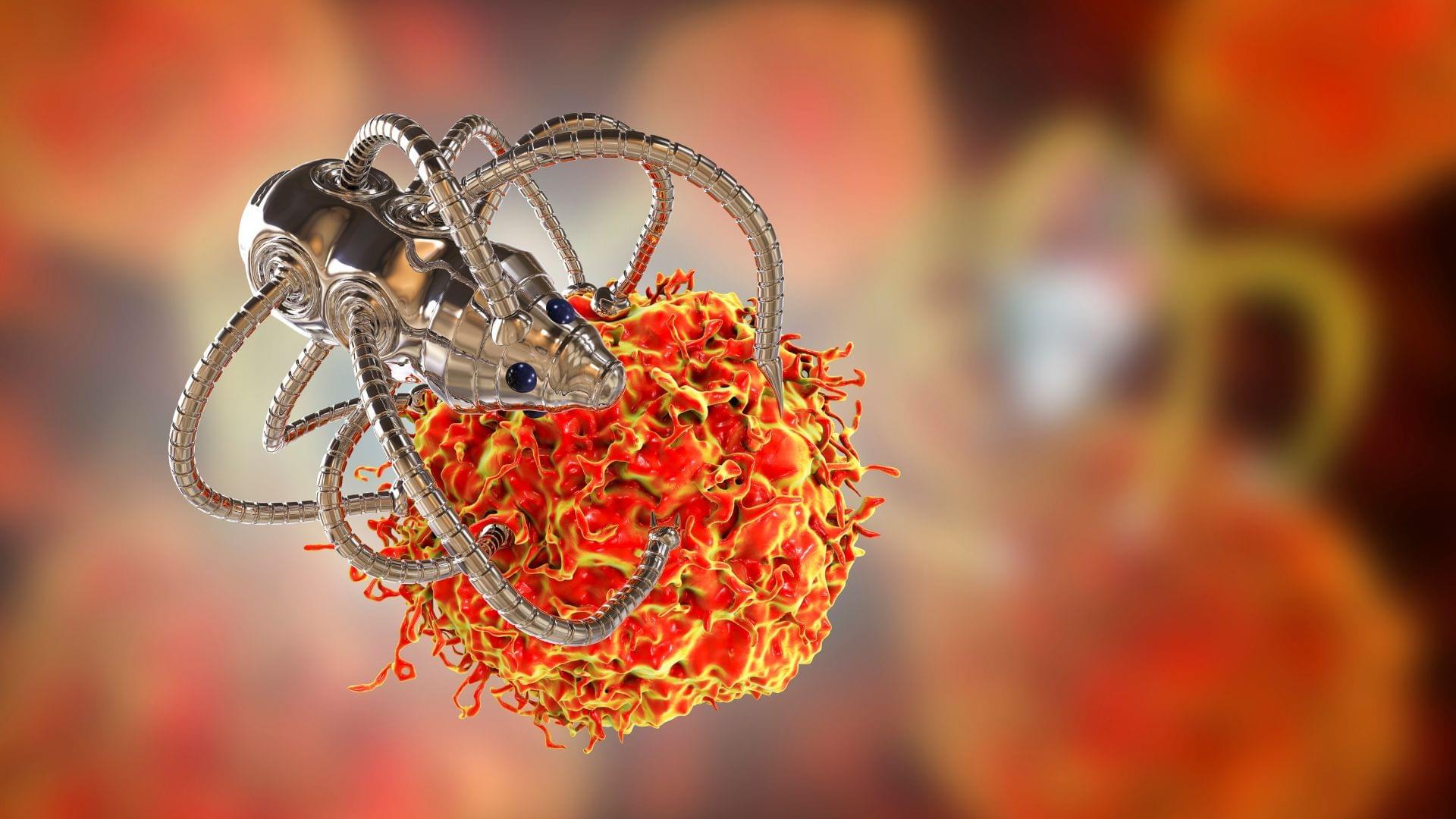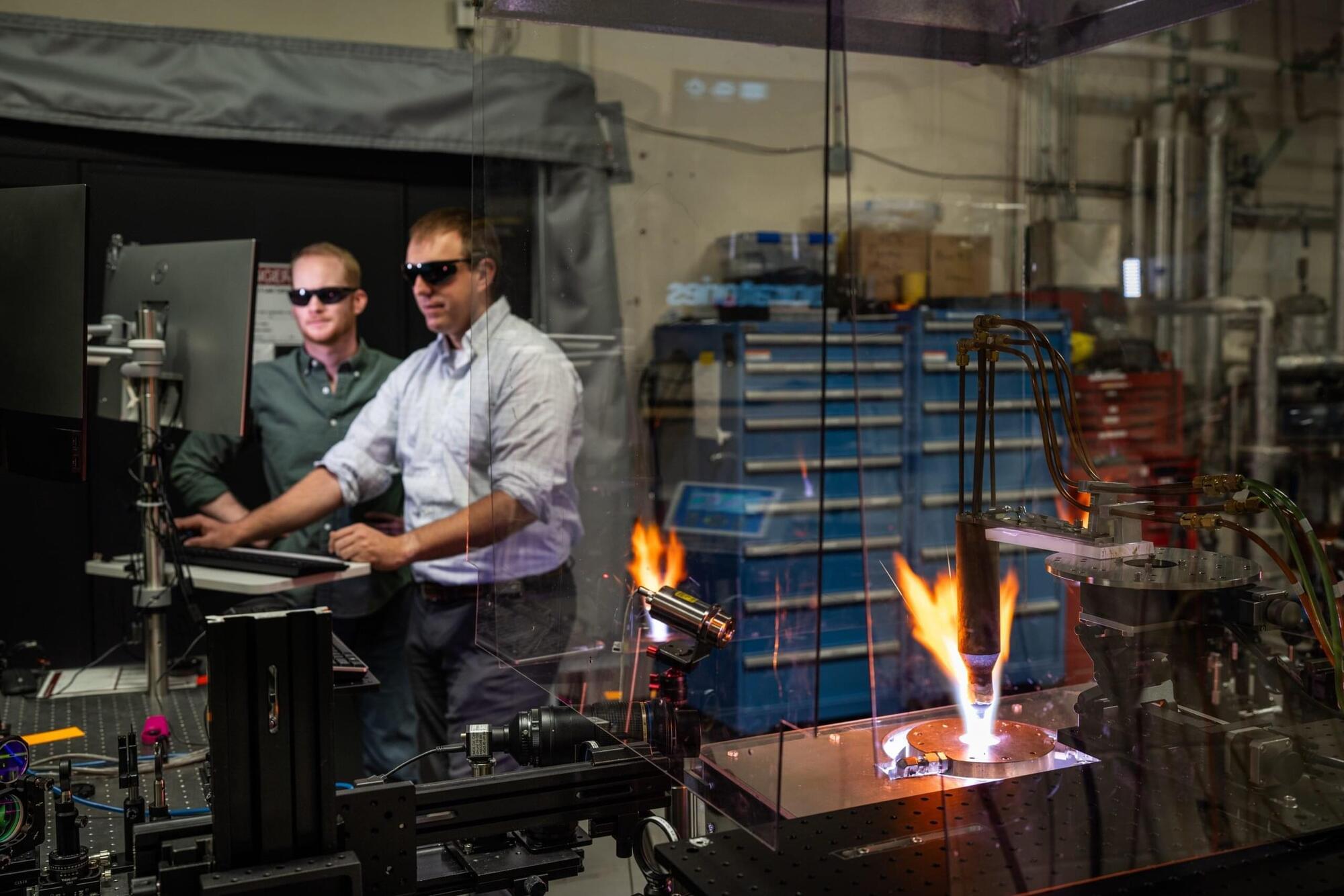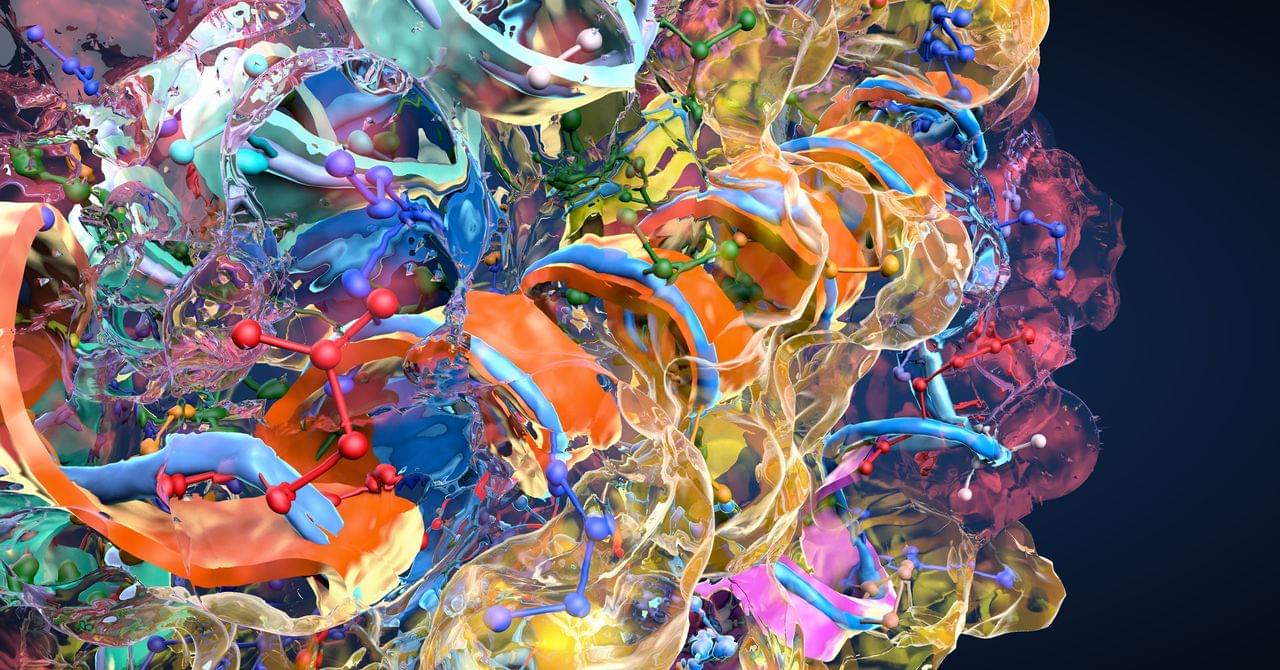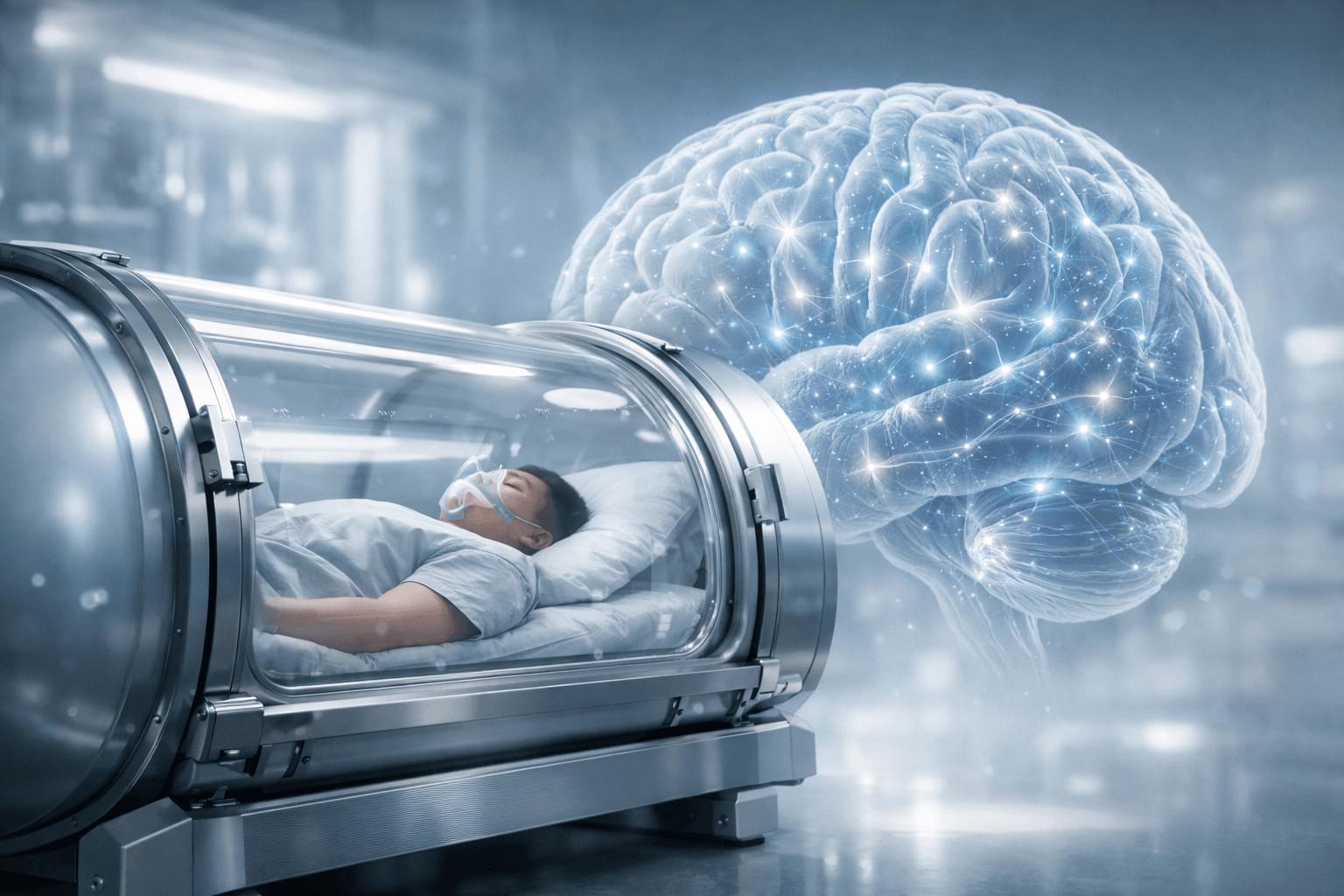In a short talk at Caltech, physicist Richard Feynman laid out a vision of manipulating and controlling atoms at the tiniest scale. It would precede the field of nanotechnology by decades.



From the tragedy of the space shuttle Columbia disaster in 2003 to the now-routine return of commercial spacecraft, heat shields—formally called thermal protection systems—are critical for protecting vehicles from the intense heat and friction of atmospheric reentry or traveling at many times the speed of sound.
Now, a team of engineers at Sandia National Laboratories have developed ways to rapidly evaluate new thermal protection materials for hypersonic vehicles. Their three-year research project combined computer modeling, laboratory experiments and flight testing to better understand how heat shields behave under extreme temperatures and pressures, and to predict their performance much faster than before.
Hypersonic flight means traveling at speeds of at least five times faster than the speed of sound, or more than 3,800 miles per hour. Other vehicles, such as ballistic missiles, can travel this fast, but hypersonic vehicles are far more maneuverable and unpredictable, making them harder to intercept. Unlike reusable spacecraft, the thermal protection systems used on U.S. hypersonic missiles—which solely deliver conventional weapons—are designed for a single use.

Until AlphaFold’s debut in November 2020, DeepMind had been best known for teaching an artificial intelligence to beat human champions at the ancient game of Go. Then it started playing something more serious, aiming its deep learning algorithms at one of the most difficult problems in modern science: protein folding. The result was AlphaFold2, a system capable of predicting the three-dimensional shape of proteins with atomic accuracy.
Its work culminated in the compilation of a database that now contains over 200 million predicted structures, essentially the entire known protein universe, and is used by nearly 3.5 million researchers in 190 countries around the world. The Nature article published in 2021 describing the algorithm has been cited 40,000 times to date. Last year, AlphaFold 3 arrived, extending the capabilities of artificial intelligence to DNA, RNA, and drugs. That transition is not without challenges—such as “structural hallucinations” in the disordered regions of proteins—but it marks a step toward the future.
To understand what the next five years holds for AlphaFold, WIRED spoke with Pushmeet Kohli, vice president of research at DeepMind and architect of its AI for Science division.
Dive into the remarkable world of bioprinting in this comprehensive video. We’ll be exploring the core concepts of bioprinting — a pioneering technique that uses biological materials to create structures that mimic natural tissues, organs, and even cells. Understand the sophisticated science behind this process, and learn how bio-inks are formulated and layered to build live cells. We’ll also embark on a historical journey, tracing the origins and evolution of bioprinting, and how it is reshaping modern medicine. From overcoming organ shortages to paving the way for personalized treatments, bioprinting is revolutionizing healthcare. Join us as we unpack this fascinating technology and its promising future.
For more information on how patents can help drive your innovation.
visit https://www.patsnap.com/
From concept to commercialization, Patsnap’s innovation intelligence platform breaks boundaries to connect innovators with insights.
Follow us on social for more!
LinkedIn: / patsnap.
Facebook: / patsnap.
Twitter: / patsnap.
Instagram: / _patsnap.
PatSnap (UK) Limited (PatSnap) hereby disclaims all representations and warranties, express or implied, with respect to information, advertisements and all other ad-hoc materials published by us. PatSnap does not represent or warrant that the information accessible on this material is accurate, complete or current, and makes no claims or warranties of any kind, including the suitability of information, or merchantability and fitness for a particular purpose. It is the sole responsibility of the Recipient of such information to comply with all applicable laws, rules and regulations and they are responsible for meeting any regulatory, compliance and legal obligations. All due-diligence and vetting of services are the sole responsibility of the Recipient.
Join the nerd club: patreon.com/c/u83887531/membership.
Star Trek brought us so much scifi tech that we have been waiting to see come to life and one of the biggest dreams of all is teleportation! To boldly go… to the other side of the world without an 18 hour flight!
This is the second episode in a series about Scifi Tech we’ll never have…soz!
Today we’ll talk about matter vs information, how quantum teleportation actually works, how much information a human body contains, how we would measure that information and transfer it and ultimately, that it all comes down to an identity crisis.
Chapters:
00:00 Introduction.
02:32 For the love of scifi.
07:20 Quantum information.
11:46 Quantum teleportation.
16:19 The human factor.
20:20 Heisenberg compensators.
22:13 The measurement destruction problem.
24:15 The timing problem.
25:53 The data problem.
30:58 The unavoidable energy cost.
33:11 The identity question.
Let me know what topic you’d like next! And if you want more then join the nerd club on Patreon or sign up for a youtube membership.
—
Subscribe for more science in your favourite sci-fi.
Things to read — papers are all open access versions:


In this video, Whitney, a registered dental hygienist, breaks down the viral headlines about a “tooth regrowth shot” being tested in Japan. She explains the real science behind the drug — how it targets the USAG-1 protein to potentially reactivate dormant tooth buds — and clears up common misconceptions about tooth regeneration research. From animal trials to current human safety studies, Whitney dives into what’s fact, what’s hype, and what this breakthrough could mean for the future of dentistry.
https://bit.ly/free-oral-hygiene-rout… SHOP MY STOREFRONT: https://bit.ly/4jgJPdG • Born With Missing Teeth? (Hypodontia)
• What Happens If You Don’t Replace Your Mis…
• Regrowing vs Remineralizing Tooth Enamel 🦷 WANT MORE TEETH TALK? ▶ newsletter: https://bit.ly/ttg-subscribe ▶ bettermouth app: https://www.bettermouth.com/ ▶ website: https://teethtalkgirl.com ▶ shop happyteeth: https://givehappyteeth.com/ ▶ amazon storefront: https://www.amazon.com/shop/teethtalk?tag=lifeboatfound-20?tag=lifeboatfound-20 🦷 SUPPORT THIS CONTENT: ▶ patreon:
/ teethtalkgirl ▶ youtube:
/ @teethtalkhttps://www.france24.com/en/live-news… https://pubmed.ncbi.nlm.nih.gov/33579… https://www.kyoto-u.ac.jp/en/research… https://news.harvard.edu/gazette/stor… https://trial.medpath.com/news/7c38d8… https://theweek.com/health/the-scienc… 🦷 BACKGROUND MUSIC: artlist.io 🦷 NOTE: This video does not provide medical advice and is intended for informational purposes only. Always seek the advice of your dentist or other qualified health provider with any questions you may have regarding a medical or dental condition. Never disregard professional medical advice or delay in seeking it because of something you have heard or seen on social media. ☮️ ❤️ 🦷
https://bit.ly/4jgJPdG
• Born With Missing Teeth? (Hypodontia)
• What Happens If You Don’t Replace Your Mis…
• Regrowing vs Remineralizing Tooth Enamel.
▶ newsletter: https://bit.ly/ttg-subscribe.
▶ bettermouth app: https://www.bettermouth.com/
▶ website: https://teethtalkgirl.com.
▶ shop happyteeth: https://givehappyteeth.com/
▶ amazon storefront: https://www.amazon.com/shop/teethtalk?tag=lifeboatfound-20?tag=lifeboatfound-20.
▶ patreon: / teethtalkgirl.
▶ youtube: / @teethtalk.

